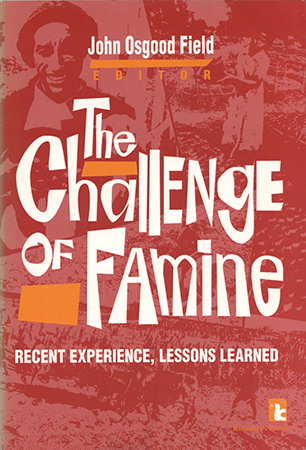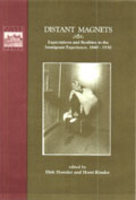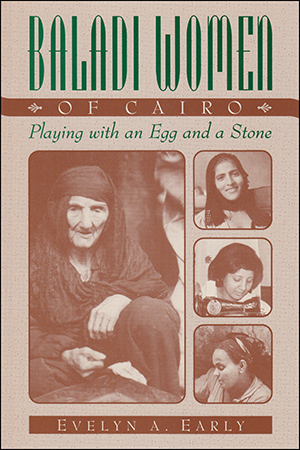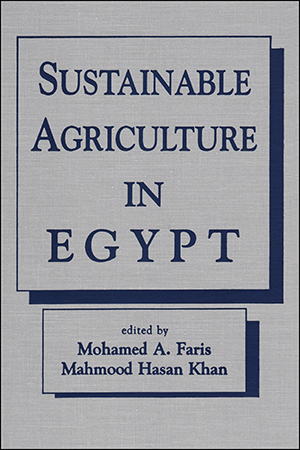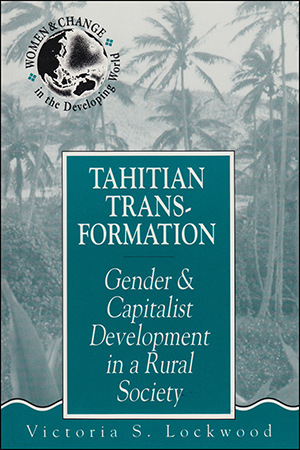BOOKS
Could the many famine and drought crises of recent decades in Africa (and elsewhere) have been avoided? The contributors to this book answer with a firm yes, calling for a response to famine More >
This volume documents experiences of the many peasant and working-class emigrants from England, Ireland, Scandinavia, Italy, Austria, Poland, Hungary, Yugoslavia, and East European Jewish More >
Through jungle and razed landscapes, Binka Le Breton journeyed more than 3,000 miles by bus, truck, boat, and on foot to record the candid words of the people who make the Brazilian Amazon More >
Derek Walcott, winner of the 1992 Nobel Prize for literature, has risen from obscure colonial origins to lay claim to a rich cultural heritage. The progeny of Asia, Africa, Europe, and the More >
Practical, realistic, and based on firsthand experiences, this sorely needed resource addresses theoretical concerns at the same time that it reflects the important fact that the context More >
Traditional, urban Egyptian women—baladi women—extol themselves with the proverb, "A baladi woman can play with an egg and a stone without breaking the egg." Evelyn More >
Egypt's agricultural development has been constrained by, among other factors, the need to conserve scarce natural resources, the pressures of rapid urbanization, the onslaught of the More >
China Opens Its Doors explains and documents the complex relationship between the politics and economics of China's recent "Open Policy," covering the period from 1978 up to More >
As culturally diverse, non-Western communities are drawn into the international division of labor, capitalism takes root in a number of ways. This book describes how capitalism has become a More >
Beginning with Mikhail Gorbachev's December 1988 announcement that Moscow intended to unilaterally reduce its conventional armed forces, the spotlight on arms control has turned away More >



